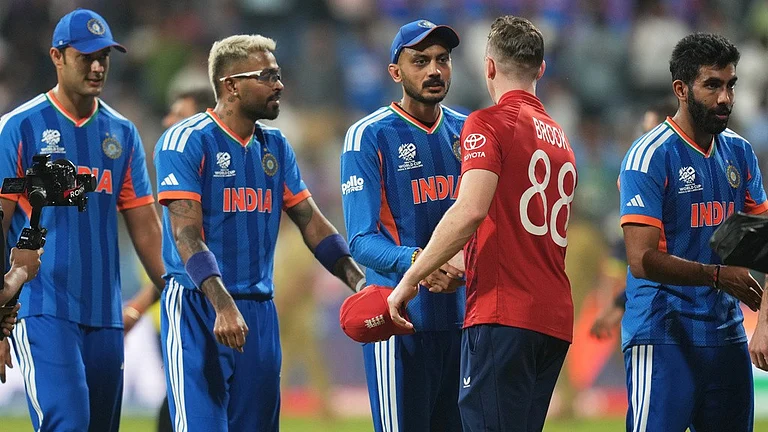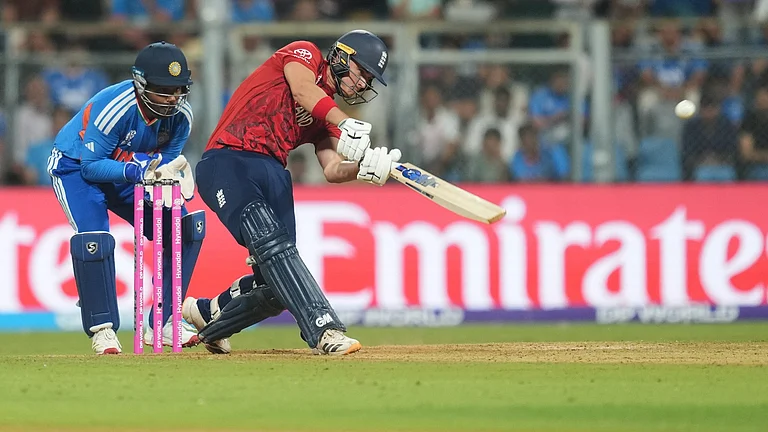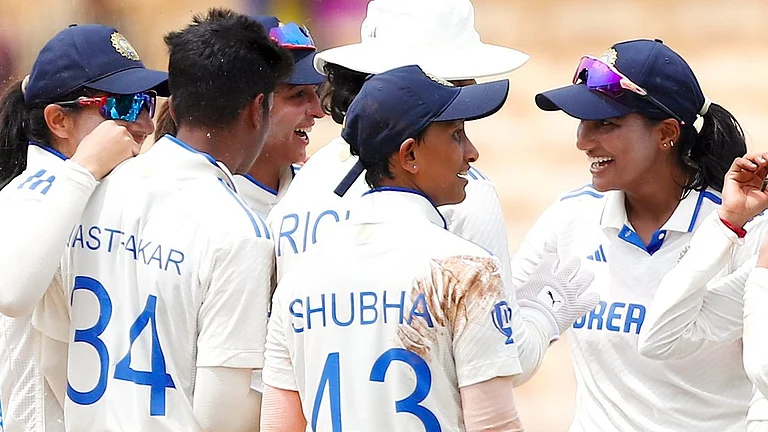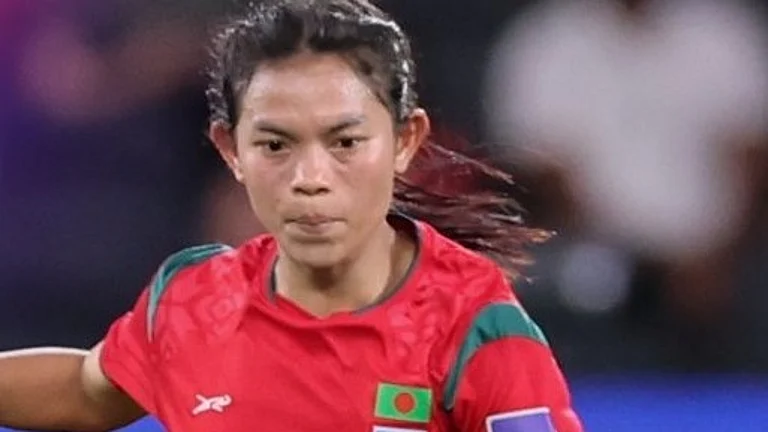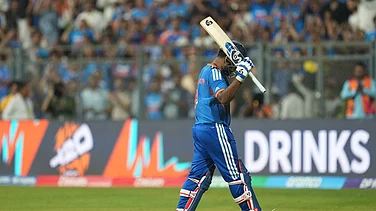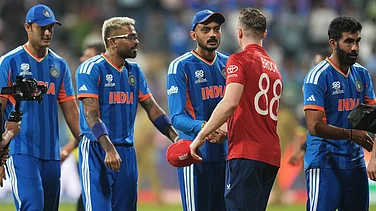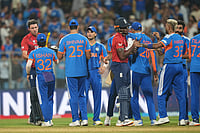Badminton, where raw power and silken skill combine, is seen as India’s No.2 sport. Its recent history has produced genuine achievers such as P Gopichand, Saina Nehwal and PV Sindhu. Three of India’s medals in the last three Olympics came from the badminton court. Indians also scored other significant victories, such as the Thomas Cup triumph in 2022.
But a traditional Indian malaise continues to afflict badminton, and much of Indian sport. It is age fraud. Over-age players, armed with fake documents and thick skin, compete in younger age groups to get ahead by unfair means, and do injustice to deserving candidates. Badminton, cricket, tennis, athletics - whatever the sport – it is beset by age fraud.
A parent of a junior Indian badminton player says age-group tournaments are so adulterated by age fraud, that “they are like milk with 80 per cent water.”
“If you watch the latter rounds of an All-India tournament in any category, under-11, under-13, under-15, under-17, under-19, it will be apparent to even a layman that the players are older than what they claim to be,” the parent says.
Of late, the frustration of aggrieved parents has been boiling over. They have been dashing off letters to the Badminton Association of India (BAI). At a sub-junior event in Jaipur, some parents protested the participation of some overage players. As a result, eight players were suspended from the tournament.
But much more needs to be done.
Even India’s No.1 sport is not free from age cheats. Cricket offers such riches, even at under-19 level, that the temptation to lie is difficult to resist for many.
Rahul Dravid has often expressed his dismay at age fraud. At the MAK Pataudi Lecture in 2015-2016, he said age cheating was as morally corrupt as fixing matches. Dravid called out the parents and coaches who allow this to happen. And it is almost always the parents and coaches who are guilty, more than the children.
“If a child sees his parents and coaches cheating and creating a fake birth certificate, will he not be encouraged to become a cheat? He is being taught to lie by his own elders," Dravid argued. “At 14, it may be in the matter of the age criteria, at 25 it may be fixing and corruption. How are the two different in any way? In both cases, is it not blatant cheating?"
Taking note that even under-19 players who win a big tournament are rewarded handsomely in India, Dravid initiated a rule in the BCCI where a player could only play the under-19 World Cup once in his career. (For perspective, after India won the 2022 Under-19 Men’s World Cup, the BCCI announced a purse of Rs 40 lakh for each player. The Under-19 women’s team was collectively promised Rs 5 crore after their recent World Cup win. Players also get lucrative gigs at IPL or similar Leagues basis their Under-19 performances).
Incidentally, Manjot Kalra, one of the stars of India’s 2018 Under-19 World Cup win, was suspended by a DDCA (Delhi and District Cricket Association) Ombudsman for a year due to alleged age fraud during his under-16 and under-19 days.
Among other cricketers who have been penalized for age fraud are Rasikh Salam (Jammu and Kashmir, Mumbai Indians); Ankit Bawne (Maharashtra, Delhi Capitals) and Nitish Rana (Delhi, Kolkata Knight Riders, Mumbai Indians).
In other sports, to give just one example, 51 athletes were found overage and 169 others did not show up for the verification process at the 2019 National Inter-District Junior Athletics Meet (NIDJAM) in Tirupati, an event close to the Athletics Federation of India’s heart.
There are various reasons why age fudging is rampant in India. Parents operate from an “everyone does it, why should we stay behind” approach. There is a culture and even appreciation of jugaad. Fake documents can be obtained easily.
Coaches are willing to lie and conspire with parents. Enforcement of rules is slack and those who raise an objection are threatened by offenders.
“It’s a case of ‘Ulta chor kotwal ko daate’ (thief lecturing cop) and ‘Chori aur seena zori’ (steal and yet be remorseless),” says the father of a badminton player, talking about the audacity of some parents.
Mangirish Palekar, a badminton coach who was a former international, feels age fraud has existed in Indian sport for several decades, but seems to have worsened now, certainly in badminton.
“People do as they please, often registering the birth of their children conveniently late,” Palekar says. “Our rules are simply not strict with relation to age fraud.”
The only solution, he feels, is for the government’s Sports Authority of India (SAI) to take up the issue and send out a strong message to wrongdoers.
“If SAI gets strict about age fraud, it will be much easier for respective governing bodies, such as the BAI, to implement rules,” Palekar says.
What helps cricket is that even its state associations are powerful. So while age fraud may exist, there is a powerful watchdog in every state. In many other sports, power is centralized. Without the gaze of a state association on them, crooked parents get plenty of room to pursue their unethical agendas.
The solution lies in intent from the sports ministry, frequent testing with modern methods and stringent action, including from police, against the guilty.
Finally, there is the point of conscience. You can’t lie to yourself. And a tainted player will never be respected. As Palekar says, “Face your real opponents. What’s the big deal in winning in a younger age group?”



